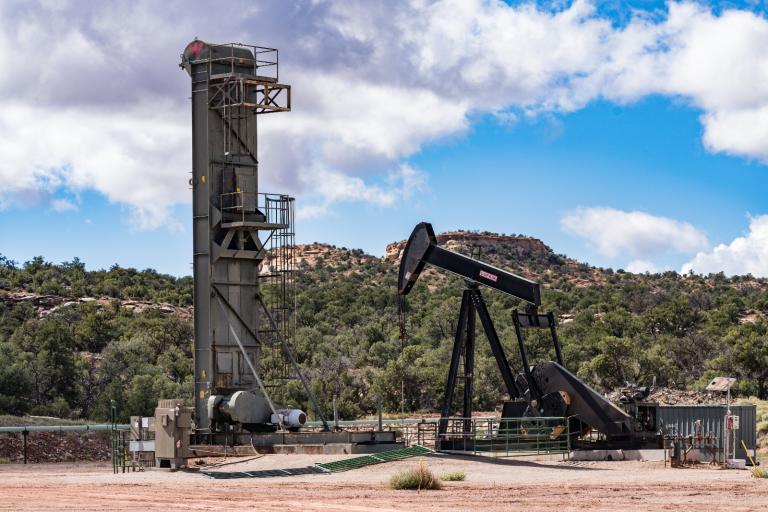Why so many geophysics-related posts this week? First, all of the major groups that track temperature and climate put out their news-making annual reports this week — and I don’t think the media is doing a terribly good job of focusing on the important issues.
Second, this week, the American Geophysical Union has its big fall conference where all the leading geophysicists go to report their latest research. Here, I have glommed on to a roving reporter, Jeff Goodell, author of the terrific book, Big Coal.
Goodell reports that Dr. Eric Rignot, principal scientist for the Radar Science and Engineering Section at NASA’s Jet Propulsion Laboratory, “rocked the house tonight (Tues.) with his talk on polar ice melt”:
The room was packed, SRO, spilling out into the halls. I only caught the tail end of the talk, unfortunately, but he concluded that one meter sea level rise by 2100 is “very likely” if the rate of ice melt just stays the same, leaving unsaid the fact that it is likely to rise even higher if rate of melt accelerates. Said that the way we are studying ice in the poles today is “like climbing Mt. Everest in tennis shoes,” because our monitoring and measurement is so bad.
Rignot is one of the world’s top ice sheet and sea-level rise experts (see “The Antarctic ice sheet hits the fan“), so that’s why he packs them in.
If Rignot is right, then Hansen and Gore are right — our target must be 350 ppm or lower (see “Stabilize at 350 ppm or risk ice-free planet, warn NASA, Yale, Sheffield, Versailles, Boston et al“). That’s because, thanks to lags in the climate system, we are going to warm more than another 0.6°C even if greenhouse gas emissions were zeroed out tomorrow — and that will surely speed up all ice-loss processes.
One small critique of the AGU meeting: They should put far more of their talks online. This stuff is incredibly fascinating and important to a great many people.
This post was created for ClimateProgress.org, a project of the Center for American Progress Action Fund.


